Keywords: Fr Brian Mccoy Sj
-
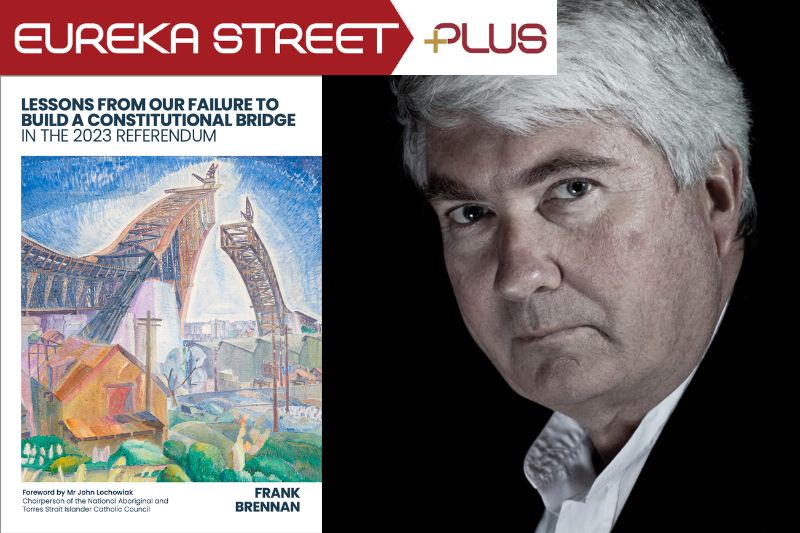
AUSTRALIA
- David Halliday
- 28 June 2024
13 Comments
It's been eight months since the Voice referendum, and people are starting to grapple with what its defeat means for Australia. There are few voices in Australia as qualified to conduct a postmortem of the outcome of the Voice referendum campaign as Frank Brennan. We examine what lessons can be learned and crucually, whether there’s reason for hope for Indigenous constitutional recognition.
READ MORE
-
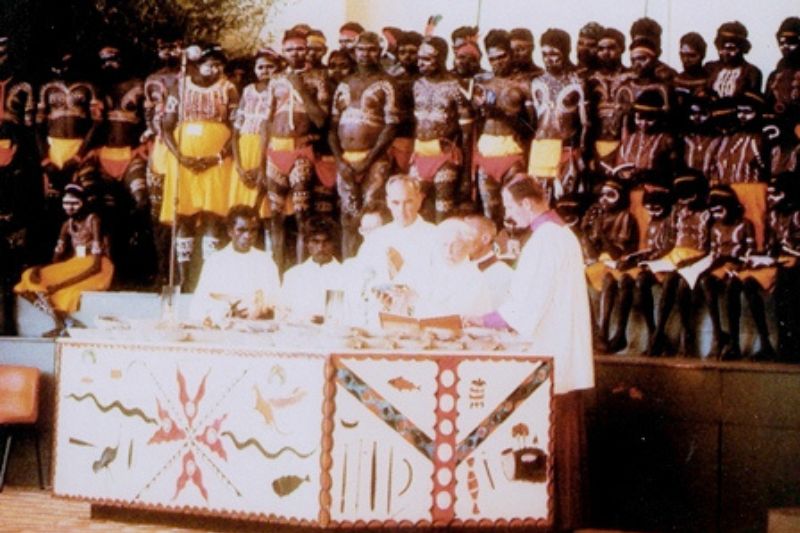
RELIGION
- Brian McCoy
- 11 January 2024
Fifty years ago, the Aboriginal Liturgy was the first attempt by the Catholic Church in Australia to re-shape the Mass, and was the first time we had witnessed and experienced Aboriginal people expressing their Catholic faith in ways that were culturally different from our own.
READ MORE
-
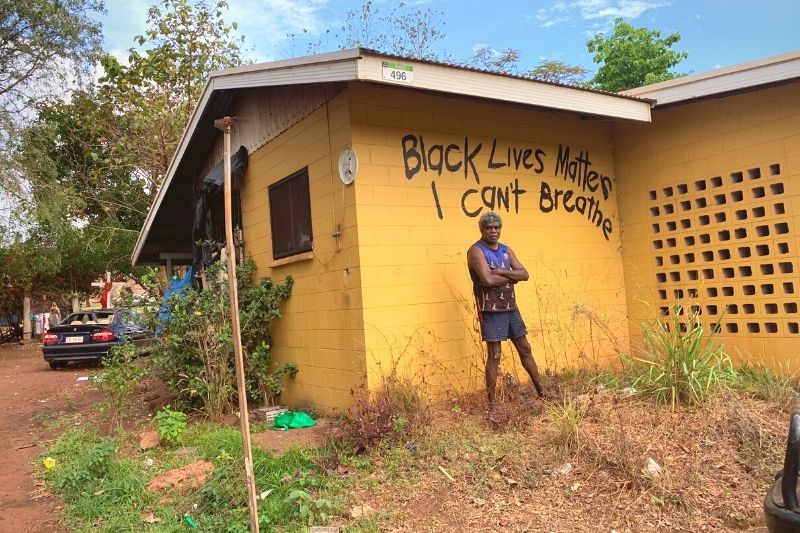
AUSTRALIA
- Brian McCoy
- 04 October 2023
6 Comments
The looming referendum challenges us to confront our shared history and consider a united path forward. Amidst the deep-rooted pain and the quest for truth, reconciliation and healing, can this vote be the turning point that signals a brighter, more inclusive future for all?
READ MORE
-

RELIGION
- Brian McCoy
- 20 February 2023
15 Comments
Fifty years ago, the Aboriginal Liturgy was the first attempt by the Catholic Church in Australia to re-shape the Mass, and was the first time we had witnessed and experienced Aboriginal people expressing their Catholic faith in ways that were culturally different from our own.
READ MORE
-
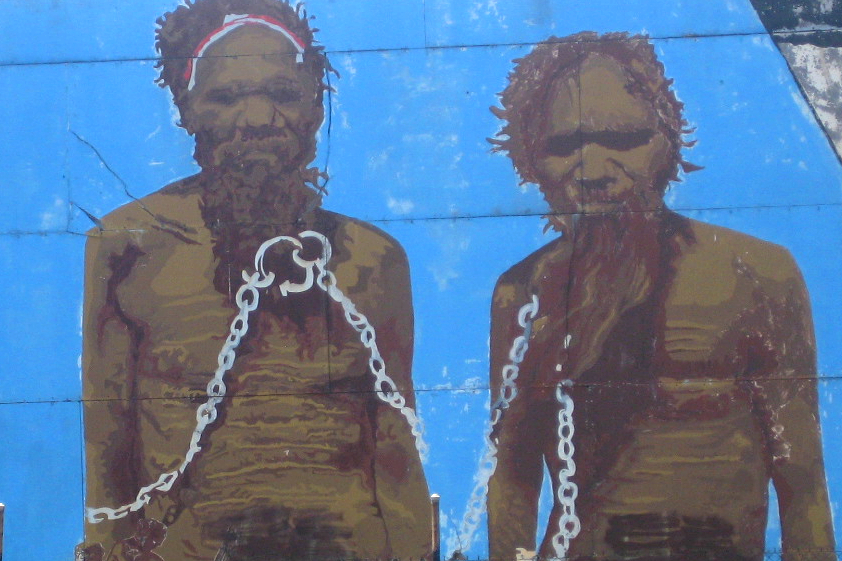
AUSTRALIA
- Brian McCoy
- 14 December 2021
15 Comments
I don’t write to State Premiers very often. However, a month ago I did. It was to the Western Australian Premier, Mark McGowan. It was not about Test cricket, the Juukan Gorge or opening the state’s borders. It was in relation to a photo on the front page of The Australian on the weekend of the 6/7 November showing an Aboriginal man in Western Australia boarding a plane under arrest. He was barefooted and with both a wrist and ankle chain.
READ MORE 
-
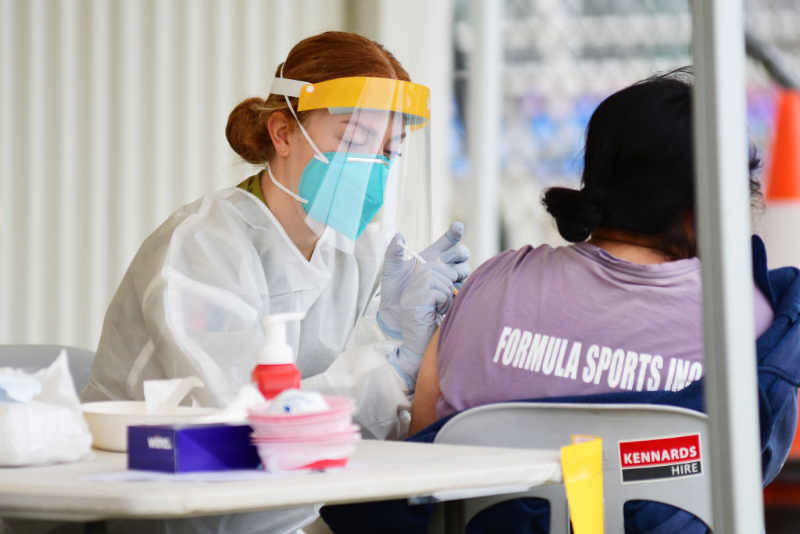
AUSTRALIA
- Brian McCoy
- 22 November 2021
10 Comments
We are now watching the entry of the Delta variant into the Northern Territory and with increasing concern about its possible spread across First Nations communities who vary greatly with their vaccination rates. This question was posed last Friday (19/11) on the ABC’s Coronacast: ‘Why is Indigenous vaccination so patchy?’
READ MORE 
-
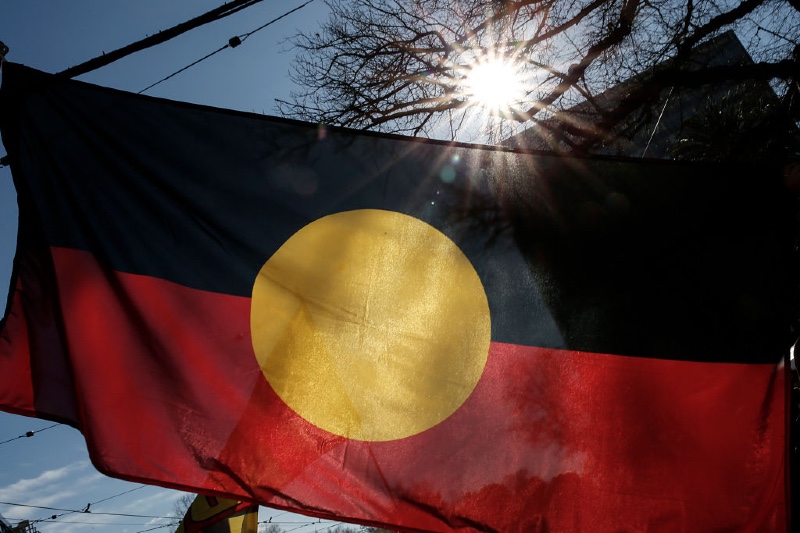
FAITH DOING JUSTICE
But it is possible the members of the Plenary could begin to hear a deeper voice speaking in their hearts. There may arise a new courage to start a process of truth and reconciliation, reporting the process of this journey to the second Plenary Council planned for Sydney, July 2022. We can only begin that journey if members of the Plenary Council come and are open to listening to that deep inner voice.
READ MORE
-

AUSTRALIA
Reading the paper, Instrumentum Laboris, written in preparation for the coming Plenary Council, I found myself quite disappointed by the lack of depth, awareness and any sense of the need for an apology. Much less an openness to any serious conversion that is needed within the Church.
READ MORE 
-
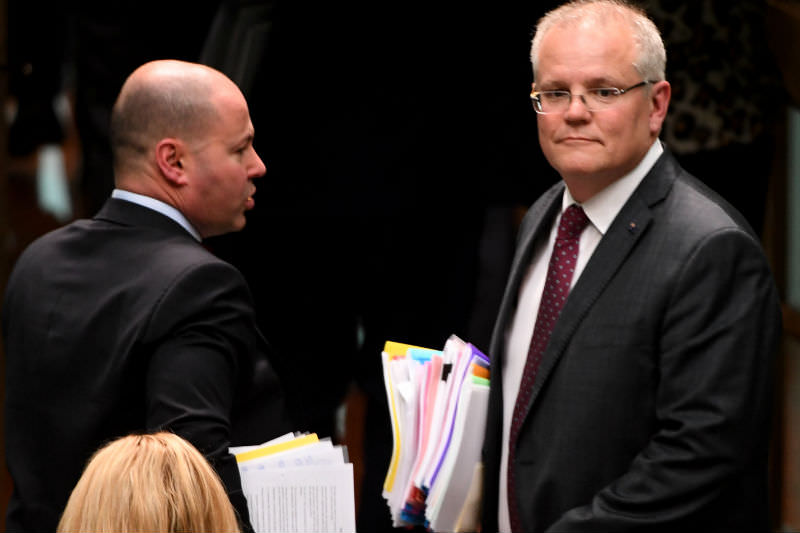
AUSTRALIA
- Carolina Gottardo and Nishadh Rego
- 12 December 2019
6 Comments
Outside, a Martian-red haze kisses the windows. An ode to the future perhaps. Most of the people present are already aware of the Medevac repeal decision. The room is heavy with silence, the mood is sombre, but far from resigned. We want change, and are willing to have a crack at demanding it.
READ MORE 
-
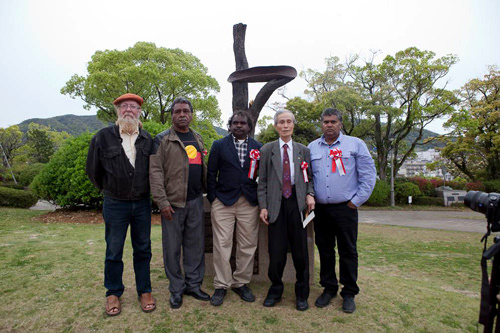
RELIGION
- Frank Brennan
- 06 August 2018
How are we to honour the commitment to peace of these Japanese and Maralinga survivors of nuclear conflagrations unleashed maliciously or negligently last century? We need to renew our commitment to painstaking negotiation of international treaties and agreements designed to ensure peace and security for all, insisting on the dignity and human rights of all.
READ MORE
-
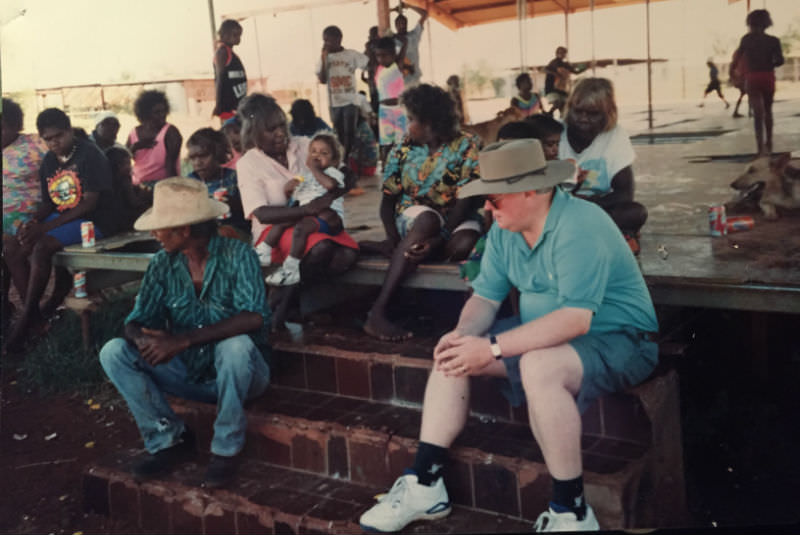
AUSTRALIA
- Brian McCoy
- 28 August 2017
20 Comments
Richardson said that during a visit to Balgo, 'The real shock was that the women could not leave the children at home with the men because sexual assault was so common.' Community members find it very difficult to discuss publicly issues of shame involving others with whom they closely live. It takes time to build up trust.
READ MORE 
-

AUSTRALIA
- Frank Brennan
- 31 May 2017
6 Comments
Indigenous leaders this last week have called for the creation of two new legal entities. They want a First Nations Voice enshrined in the Constitution, and a Makarrata Commission set up by legislation. The Makarrata Commission would supervise agreement making between governments and First Nations and engage in truth telling about history. The envisaged destination is a national Makarrata (or treaty). So the immediate constitutional issue is the creation of the First Nations Voice. There is no point in proceeding with a referendum on a question which fails to win the approval of Indigenous Australia. Neither is there any point in proceeding with a referendum which is unlikely to win the approval of the voting public.
READ MORE